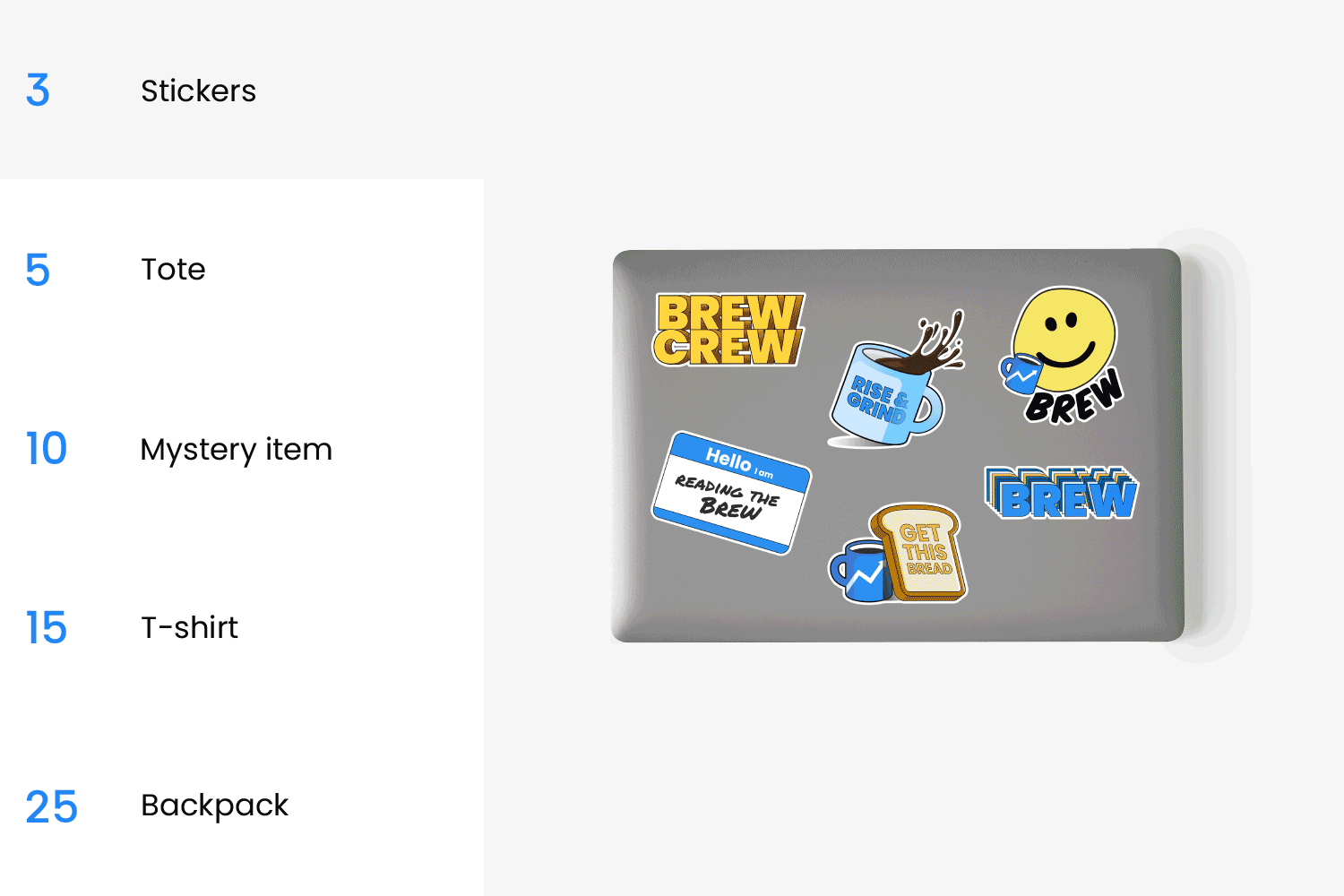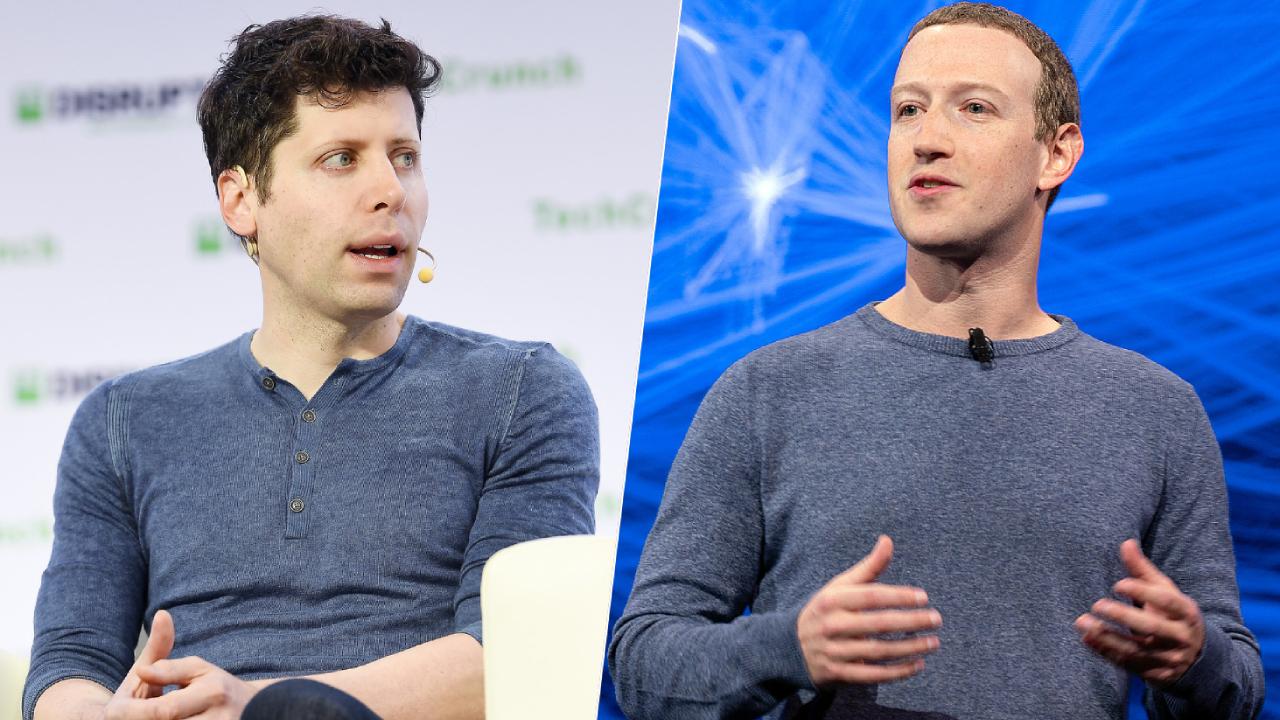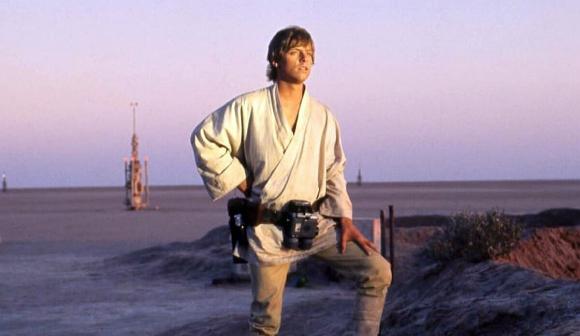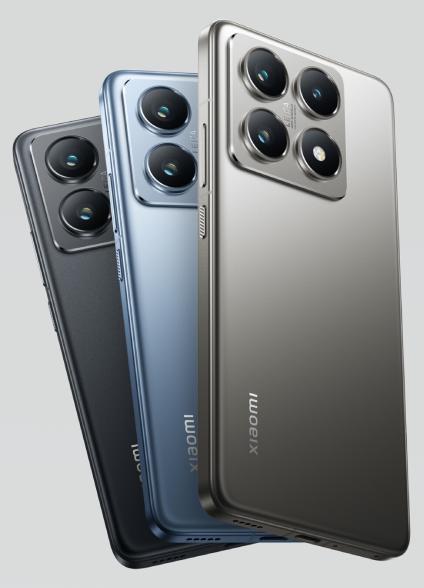| The pesky phenomenon of range anxiety—the concern that an EV doesn't have enough battery power to reach its destination—persists. A new partnership from Lyft and connected-car platform Smartcar aims to soothe the anxieties of ride-hail drivers and riders. This month, they debuted "Rides in Range," a new feature in Lyft's app that ensures drivers only get ride requests within their EV's battery range. The feature also sends drivers alerts when battery levels dip below 20%. Lyft and Smartcar touted the tool as a way to ensure that Lyft drivers don't have to turn down trips due to concerns about battery range. "Range anxiety is the top concern for EV drivers on the platform, as they want to avoid interrupting trips to charge or being unable to find chargers during a ride," according to a news release. "At Lyft, we're all about making life easier for drivers on our platform, and we know that range anxiety is a big deal for those with electric vehicles," Ciara Chow, Lyft's senior product manager, said in a statement. "Now, our drivers can take on rides without constantly worrying about their battery levels." Sahas Katta, Smartcar CEO and co-founder, told Tech Brew that passengers sometimes end up tagging along while the driver charges their vehicle, creating an unnecessary delay. "It's not just a benefit for the driver," he said, "but it's also going to make passengers a lot more excited and comfortable to book a ride with an electric car on these platforms." Keep reading here.—JG | 






















